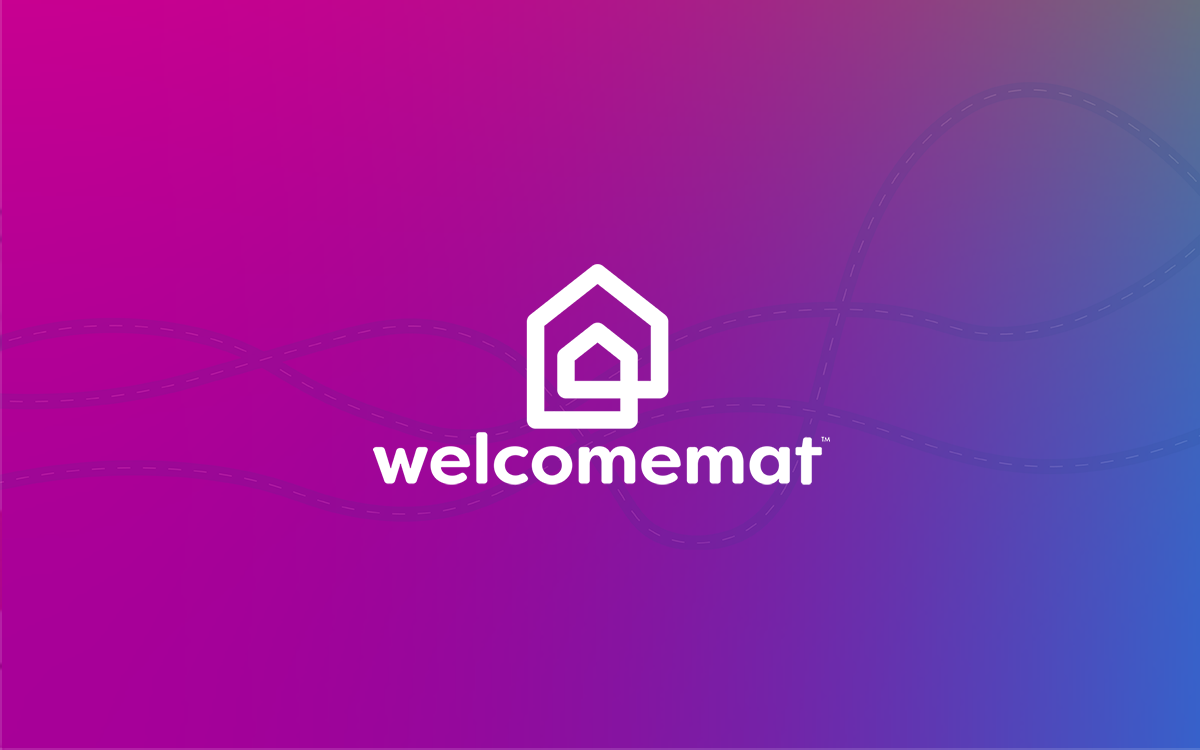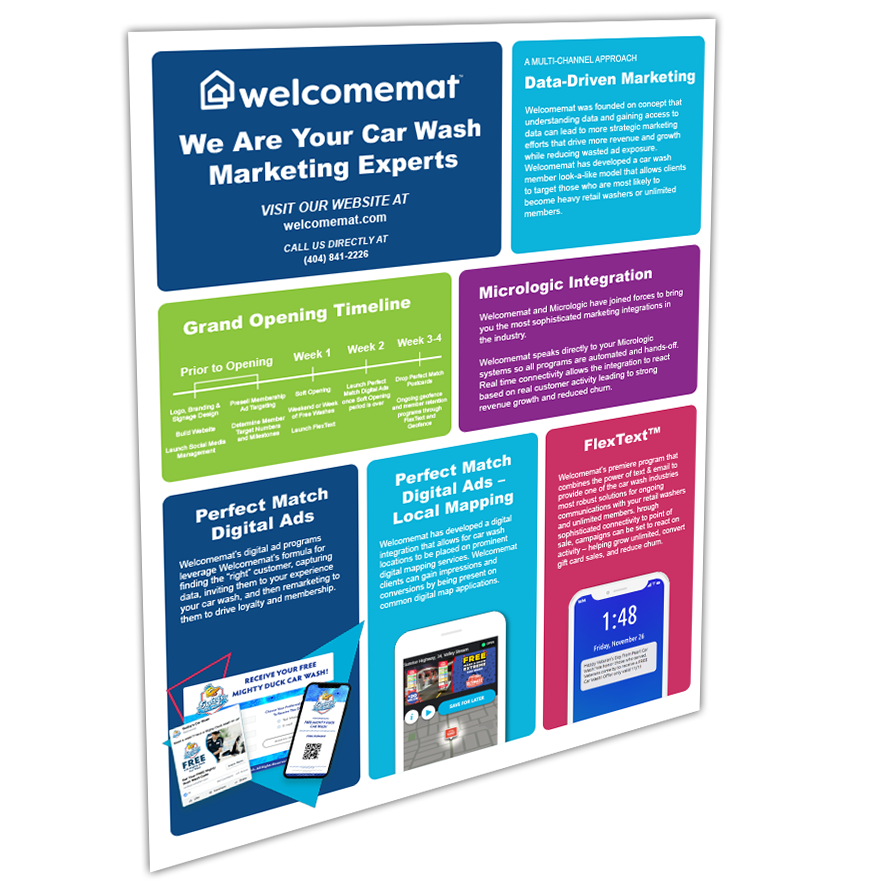Hashtags are an easy way to organically grow your social reach and engage with customers online.
Learn how hashtags can help your local social media marketing be successful.
Hashtags are simply a word or statement used at the end of a social media caption following a ‘#’ to help users online easily find specific messages or content. Hashtags are essentially metadata tags that classify content for easier searching.
Hashtags can be used on all social networks, including but not limited to, Facebook, Instagram, Twitter and LinkedIn. Using these tags will help users find relevant posts and ultimately bring more traffic to your social content. In fact, tweets with hashtags had 2x more engagement and 55% more retweets than those without. Think of hashtags as tags that your business can also use to separate or compile particular content for internal use.
Many marketers have differing opinions on the number of hashtags to use to gain the highest engagement. Some professionals suggest using as many as you can, Instagram limits hashtags to 30. Others suggest using between 9-15 hashtags. The optimal number of hashtags also varies from platform to platform. We suggest testing different amounts of hashtags to see which works best for your business.
When deciding what hashtags to use, check out the hashtags competitors are using so your content can rival theirs. There are also free tools online such as Rite Tag that show hashtag suggestions based on real-time volume. Hashtags should be specific and speak to your ‘niche.’ The more specific your hashtag, the more targeted your audience will be. Hashtags also allow your business to join in on conversations such as sporting events (#NBAFinals) or popular TV shows (#GameofThrones).
Instagram recently launched the capability to ‘follow’ a hashtag, meaning any post including that hashtag will appear on their feed as a post (even if they don’t follow the user). With the launch of hashtag following, be mindful that Instagram is cracking down on the use of #spam #hashtags. When a user follows a hashtag and sees a post they don’t like, they can now flag the post by selecting ‘Don’t Show for This Hashtag.’ This new feature teaches the Instagram algorithm what content the user likes. If your posts are pinged too many times for using irrelevant hashtags, it can affect the content placement negatively. With that being said, only use hashtags that make sense for your business.
Hashtags can be placed in captions or in a comment below the post. While one option may not be better than the other, professionals suggest leaving hashtags in a comment, so they are hidden from the original post. Some users find hashtags to be distracting in a caption and take away from the compelling copy of a creative caption.
Hashtag engagement is also trackable. Business profiles allow you to monitor insights on engagement solely from hashtags. This can be found on Instagram business profile posts, under ‘View Insights.’ Instagram shows the breakdown of interactions on your post ‘From Hashtags.’ This will help you determine which hashtags are faring best for your business and which are bringing in the highest engagement.
In summary, hashtags make your content easily searchable and are an organic way to reach more users that may not be following you.
If your business needs help with local social media marketing, reach out today!


